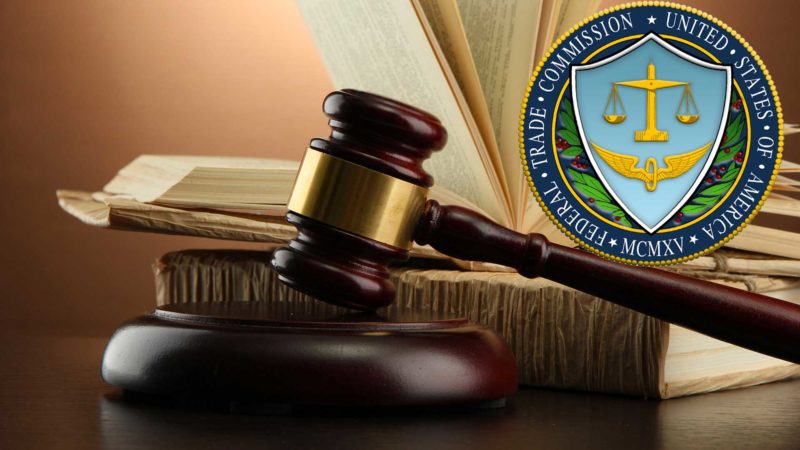FTC Settles With Gaming Network Accused Of Failing To Disclose Paid Endorsements
US agency fires another warning shot against lack of social media disclosures by settling complaint that Machinima paid gamers up to $30,000 to upload video endorsements of the Microsoft Xbox One console.

The US Federal Trade Commission has settled charges against video gaming site and multi-channel network Machinima for deceptive advertising, stemming from the company paying “influencers” to post YouTube videos endorsing Microsoft’s Xbox One video game console.
The FTC charged that Machinima-paid influencers failed to disclose that they were being compensated to post seemingly objective opinions about the new gaming console and three new video games in late 2013. Disclosures of material relationships in exchange for endorsements are required by Section 5 of the FTC Act and laid out in the FTC’s disclosure guidelines.
Under the proposed settlement, West Hollywood-based Machinima is banned from engaging in similar deceptive conduct in the future, and the company is required to make sure its influencers clearly disclose when they have been paid for their endorsements.
There’s no fine in the settlement, however, future infractions could result in a penalty of up to $16,000 per violation. So the action can be seen as another FTC warning shot about sketchy social media behavior. Last December, the agency settled with an ad agency over a deceptive Twitter campaign. In June, it updated its FAQ page about the disclosure guidelines for the first time in five years, leading some observers to conclude that stronger enforcement would be coming soon.
“When people see a product touted online, they have a right to know whether they’re looking at an authentic opinion or a paid marketing pitch,” Jessica Rich, director of the FTC’s Bureau of Consumer Protection, said in an FTC release about the Machinima settlement. “That’s true whether the endorsement appears in a video or any other media.”
According to the FTC complaint, the campaign was managed by Microsoft’s ad agency, Starcom MediaVest Group, and Machinima guaranteed Starcom that the videos would be viewed at least 19 million times. In the campaign’s first phase, five prominent video gamers were given access to pre-release versions of the Xbox One console and video games and asked to produce and upload two endorsement videos each.
The FTC said that Machinima paid two endorsers $15,000 and $30,000 to produce four YouTube videos that were viewed more than 1.5 million times in total. Later, after the console was released to the public, Machinima recruited its full stable of creators, promising to pay them $1 for every 1,000 YouTube views, up to $25,000. They responded by producing and uploading 300 videos that got more than 30 million views between November 22 and December 31, 2013.
To be paid, video producers couldn’t include any negative or disparaging remarks about Machinima, Xbox One or the video games. Machinima did not require any of the influencers to disclose they were being paid for their endorsement, according to the FTC.
The order settling the charges requires Machinima to tighten its rules for disclosure and prohibits the company from paying video creators who don’t disclose such relationships. The settlement also requires Machinima to follow up within 90 days after the start of a campaign to make sure disclosures are still being made.
Machinima hasn’t responded to our email for comment, but the company sent this statement to Venture Beat: “Machinima is actively and deeply committed to ensuring transparency with all of its social influencer campaigns. Through collaboration with the FTC, we are pleased to have firmly resolved this matter, related to an incident that occurred in 2013, prior to Machinima’s change of management in March 2014. We hope and expect that the agreement we have reached today will set standards and best practices for the entire industry to follow to ensure the best consumer experience possible.”
The FTC essentially let Microsoft and Starcom off the hook, sending the companies a letter that said that while they were responsible for the influencers’ failure to disclose, they appeared to “be isolated incidents that occurred in spite of, and not in the absence of, policies and procedures designed to prevent such lapses.”
Contributing authors are invited to create content for MarTech and are chosen for their expertise and contribution to the martech community. Our contributors work under the oversight of the editorial staff and contributions are checked for quality and relevance to our readers. The opinions they express are their own.
Related stories
